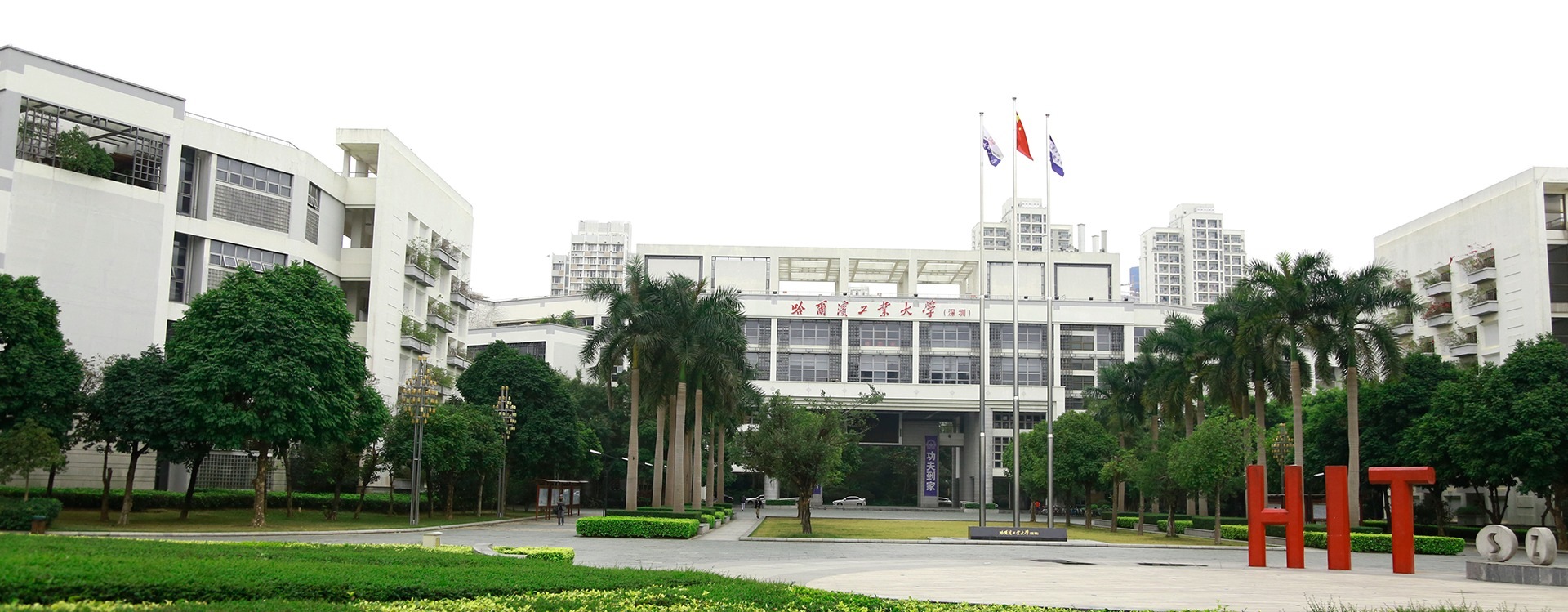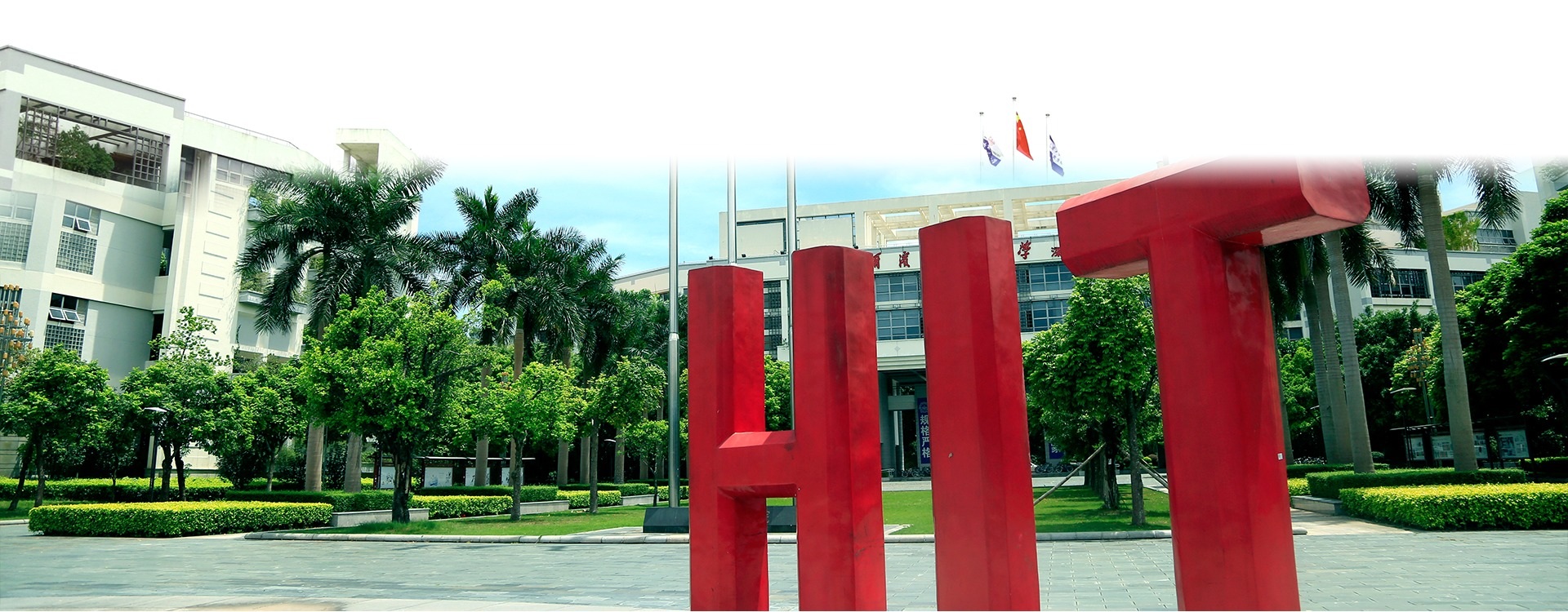Date: April 2nd, 2018 Time: 15:30-17:00 Location: F-102
Speaker: Prof. Xiao-Dong Zhou
Affiliation: Department of Chemical Engineering, Institute of Materials, University of Louisiana at Lafayette
Abstract:
Sustainability of a society encompasses environmental sustainability, economic sustainability, and social sustainability. A critical path of remove bottlenecks in a sustainable growth of a city like Shenzhen is to embrace transformative ideas and technologies. In this presentation, I will use electrochemical energy systems, including solid oxide fuel cells and batteries, as an example to illustrate how they can shape the energy in the future residential, transportation and industrial sectors. Special attention will be focus on the approaches to bridge basic science and applications.
Biography:
Professor Xiao-Dong Zhou is the Stuller Endowed Chair in the Chemical Engineering Department and the Director of the Institute for Materials Research and Innovations at the University of Louisiana at Lafayette. Professor Zhou received his Ph.D. degree in Ceramic Engineering at University of Missouri-Rolla in 2001 and his B.S./M.S. in Chemical Engineering from East China University of Science and Technology. Before Joining UL, He was a Professor in the Department of Chemical Engineering at the University of South Carolina. Prior to that, he was a Senior Research Scientist at Pacific Northwest National Laboratory, a US-DOE Lab in Washington, which he joined in August 2005 after two-year experience as an Assistant Research Professor at University of Missouri-Rolla. His career has been highlighted by over 100 research articles that span the areas of structural, transport, and magnetic properties of condensed matters, nonstoichiometric chemistry, advanced synthesis, and device physics. In addition, he has published 8 invited book chapters, contributed to over 100 presentations; and received 8 US patents/disclosures.
Research Interests:
Synthesis-structure-property-performance relationships in materials and interfaces for energy systems, including batteries, fuel cells, capacitors, thermoelectrics, photoelectrochemistry, and gas separation membranes.





